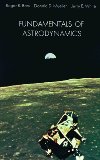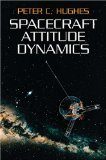NASA dicit:
This is a sonification of X-ray light emitted by the Crab Nebula. The data was obtained by NASA’s NuSTAR and Chandra space observatories, whose teams turned the data into sound to enable people to audibly perceive different features of the Crab Nebula, making it more accessible for the visually impaired.
In this sonification, X-ray wavelengths from NuSTAR (represented as different colors) are mapped to different musical pitches and sounds. Red, yellow, purple, blue, and white are mapped to notes from low to high. For Chandra, brightness in the X-ray data corresponds with pitch and volume, and a bell sound indicates the position of the pulsar at the center of the nebula.
The Crab Nebula is what remains of a star that exploded as a supernova. The explosion that created the Crab Nebula was visible from Earth in the year 1054, when it was recorded by Chinese astronomers. Most of the star’s mass was pushed into space, creating a wide debris field that continues to expand.
The rest of the stellar material collapsed into a dense object called a pulsar. The pulsar’s rapid rotation and strong magnetic field accelerate particles and shoot them into space.The particles emit high-energy X-rays that NuSTAR can detect, but as they travel outward, they collide with the debris scattered by the supernova, causing them to slow down and lose their energy. This is why NuSTAR only sees light from a relatively small region close to the pulsar. Lower energy X-rays detected by Chandra can be seen farther out.
Video credit: NASA/JPL-Caltech/CXC/SAO









 Subscribe to our RSS feed
Subscribe to our RSS feed











There are no comments.
Add A Comment